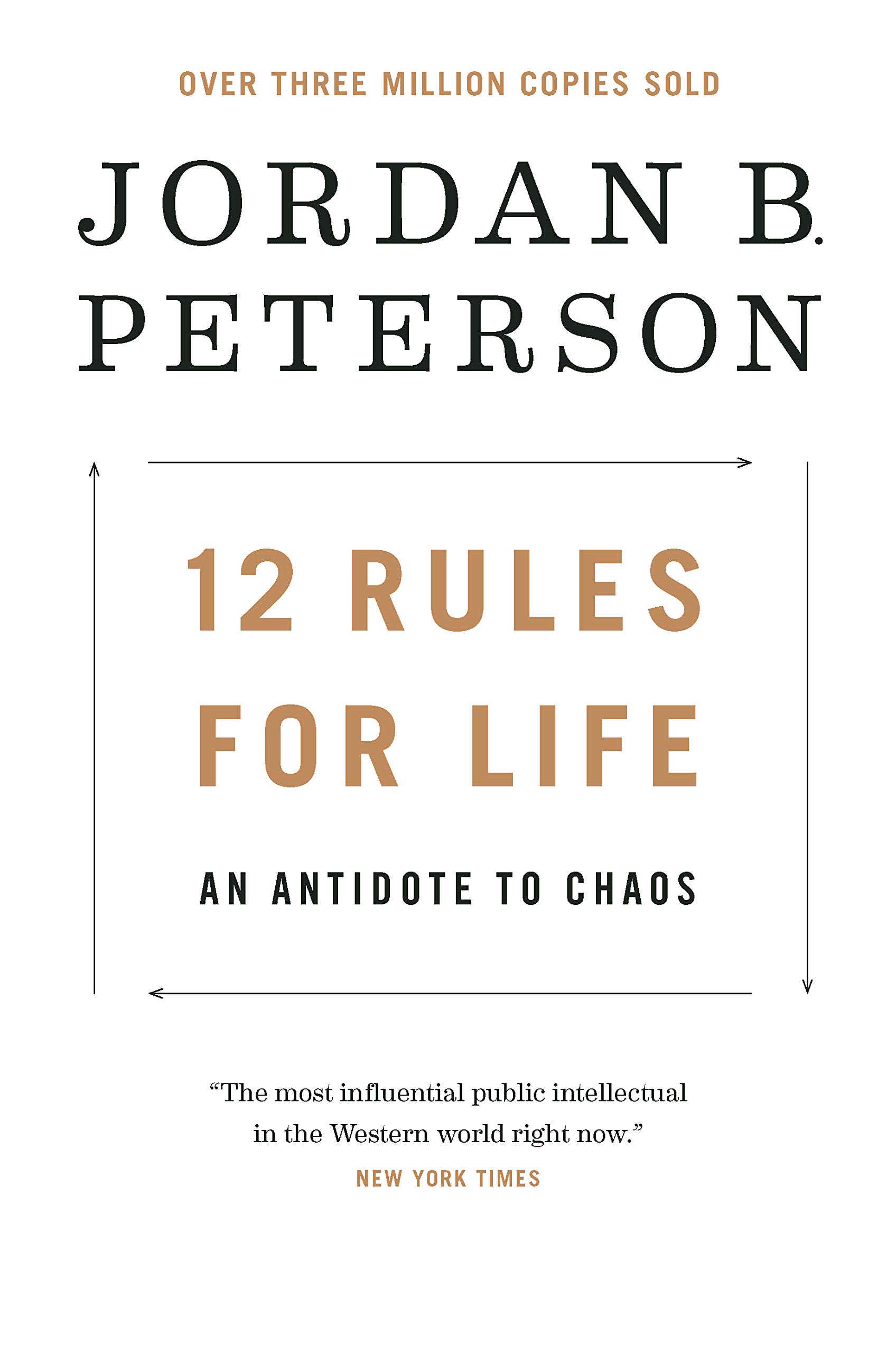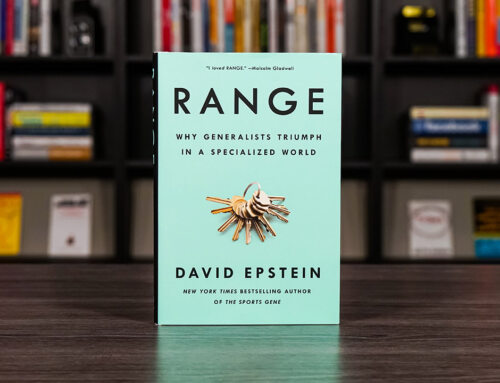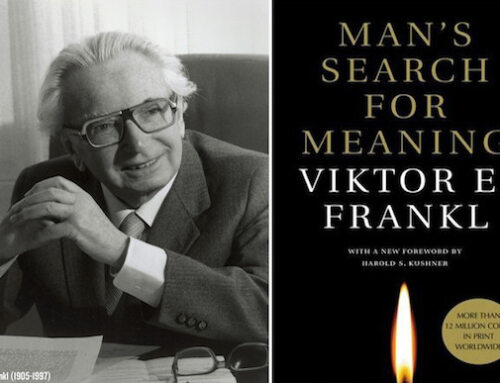As you read 12 Rules, Jordan Peterson feels like a wise father, like he does if you’ve ever listened to him live or on a screen.
He writes like he talks, rambling and all. But this doesn’t hurt the reading. It proves rewarding, in fact, if you don’t mind joining him down some fascinating rabbit holes.
He’ll take you on some wild adventures, some of which don’t seem immediately relevant to the Rule at hand. But he manages to bring things around, and the monologues add depth and perspective to said Rule.
I really enjoyed soaking it all in and following him on his many rabbit holes. If you like your literature more to the point, you probably won’t enjoy this read. But if you have some time to just sit and soak in some deep and culturally relevant ramblings, you’ll benefit.
And that’s what these ramblings are. From postmodernism to social constructivism to a bunch of religious ideas, you’ll be amazed at how out of left field some of the stuff is. But I think you’ll find it fascinating how it all ties together and really makes you think about some of what you take for granted.
Contrary to popular opinion, Jordan Peterson is not some “alt-right” extremist who’s “out to get” the LGBTQ+ community or the like. Like I said before, he feels like a wise grandpa who comes at you with understanding and balance. You’ll likely find yourself challenged regardless of where you’re coming from on any political or religious spectrums.
Usefulness vs. Truthfulness
Perhaps my primary criticism of Peterson is that he is, at the core, a hyper-utilitarian. That means he’s all about what’s useful, not necessarily about what is true, ultimately, about the world. This means that as he interprets religious texts or other big-picture concepts, he’s doing it as a psychologist who’s trying to help you better your life.
Don’t get me wrong: this is great! And it’s to be expected. But he’ll of course miss the mark on some things (like the Bible) since he’s interpreting it through his very utilitarian lense. When our world becomes a matter of usefulness and not about truthfulness, we just lose something.
Usefulness is a good test of truthfulness, to be sure. But what matters isn’t if something is immediately useful – what matters is what is true. Usefulness can change, depending on your criteria. This is why truth matters first – it defines the criteria, and therefore truth defines usefulness. Not the other way around.
Without getting into it, this is Jordan B. Peterson’s theism (though he may not like the label). He likes Christianity for its usefulness. God very well might be real, especially if it is an evolutionary adaptation to true principles. For Peterson, belief in God is at least a useful psychological adaptation. Whether or not God is actually real isn’t as important.
But there’s the miss. God isn’t merely “useful” as an idea. He’s a real being who we were created to know and worship. Hence why rules like these are incredibly helpful; we are designed to live in line with correct, designed principles.
Whether or not you agree with his view of God or the Christian canon, I trust you’ll find Peterson’s 12 rules helpful, provided you can enjoy his long-winded explanations of them. More open minds will enjoy the reading – but everyone can benefit from understanding and applying the 12 life-changingprinciples.
Consider grabbing Dr Peterson’s book through the following link and support this blog!






